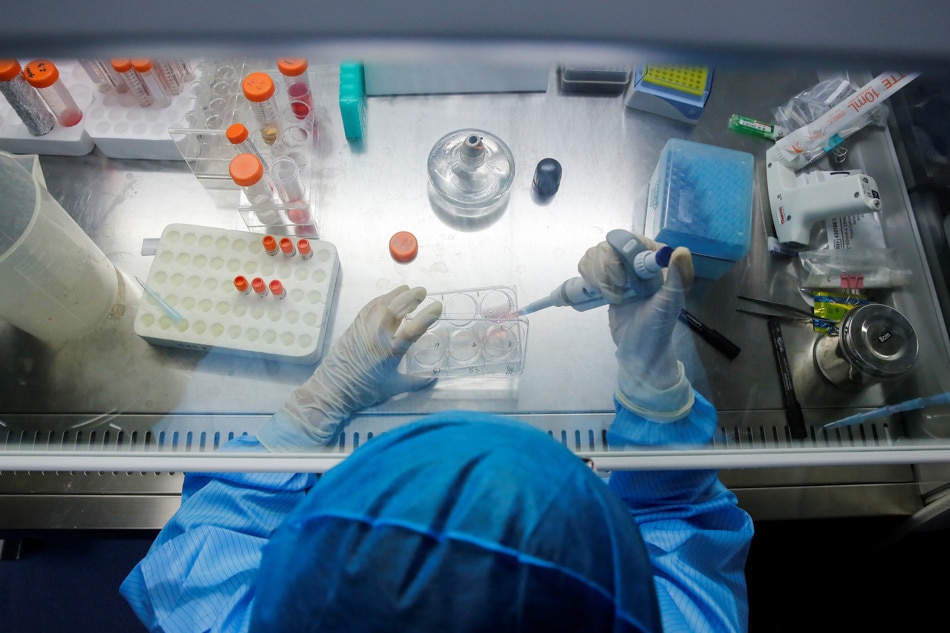Japan eyes law restricting gene editing of human eggs
TOKYO - Japan plans to introduce a law for restricting gene editing of fertilized human eggs to only basic research purposes and ban their return to the uterus, sources close to the matter said Friday.
Deeming penalties are necessary to prevent abuse of the controversial technology, the Cabinet Office is expected to propose legislation at a bioethics panel meeting on April 22. The science and health ministries will discuss the specifics before setting them in the fall, the sources said.
The move comes after a Chinese researcher announced in January a twin had been born with edited genomes, igniting international debate over the ethics of the procedure and calls within Japan for a law to restrict the use of the technology.
Japan had sought to tighten control with an ethics guideline introduced on April 1, but it decided an additional measure was necessary given that the incident in China took place even though the country had its own guideline.
While gene editing has aroused hopes it will help people overcome genetic disorders, it is also feared it may pave the way to the creation of "designer babies," with people selecting or altering the gene makeup of their babies to match their preference, which could also affect following generations.
After a method for easily cutting, replacing and inserting genes called CRISPR-Cas9 was developed in 2012, gene editing became widely used in the agricultural and medical sectors, although its application to fertilized human eggs remains controversial and is banned in many countries except for basic research.
Germany and France ban gene editing research that could lead to the birth of a child, while the United States bans the government from funding such studies on fertilized eggs.
==Kyodo

Comments